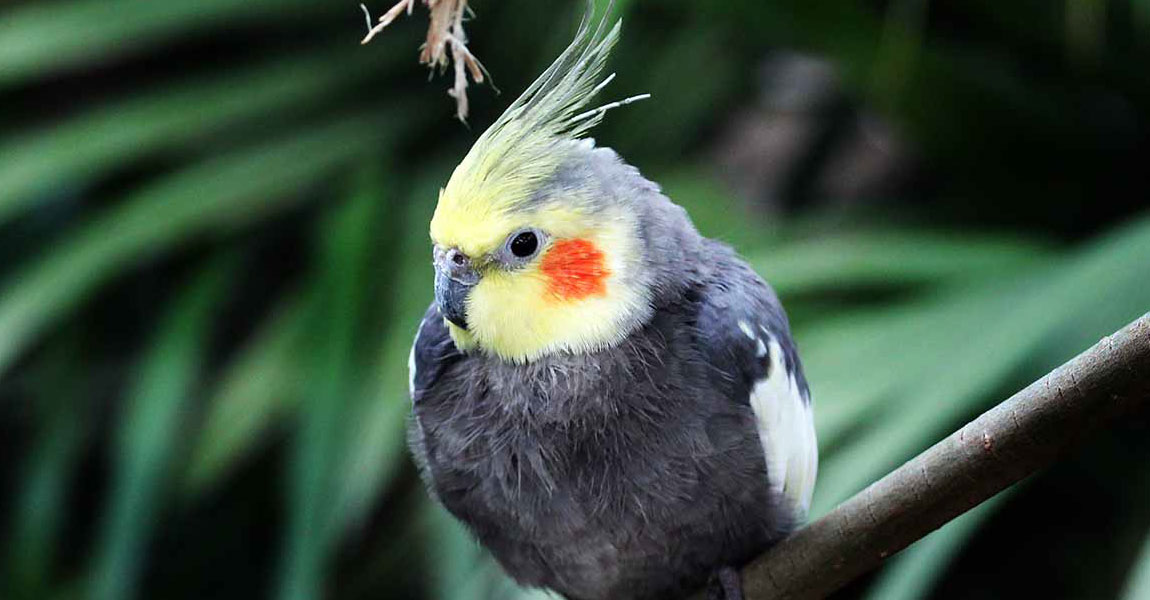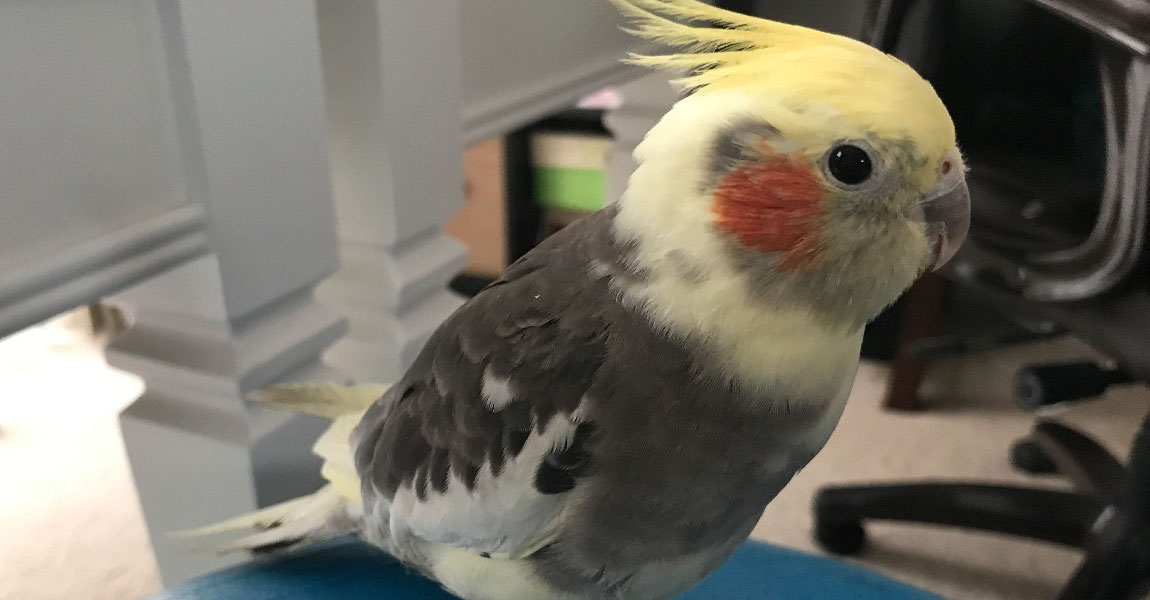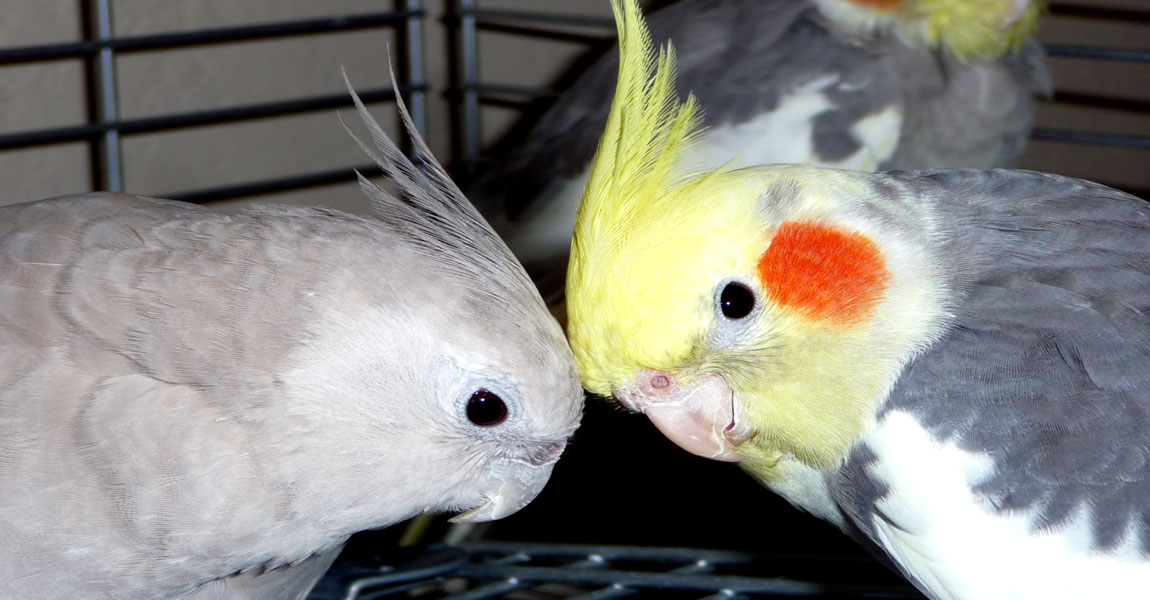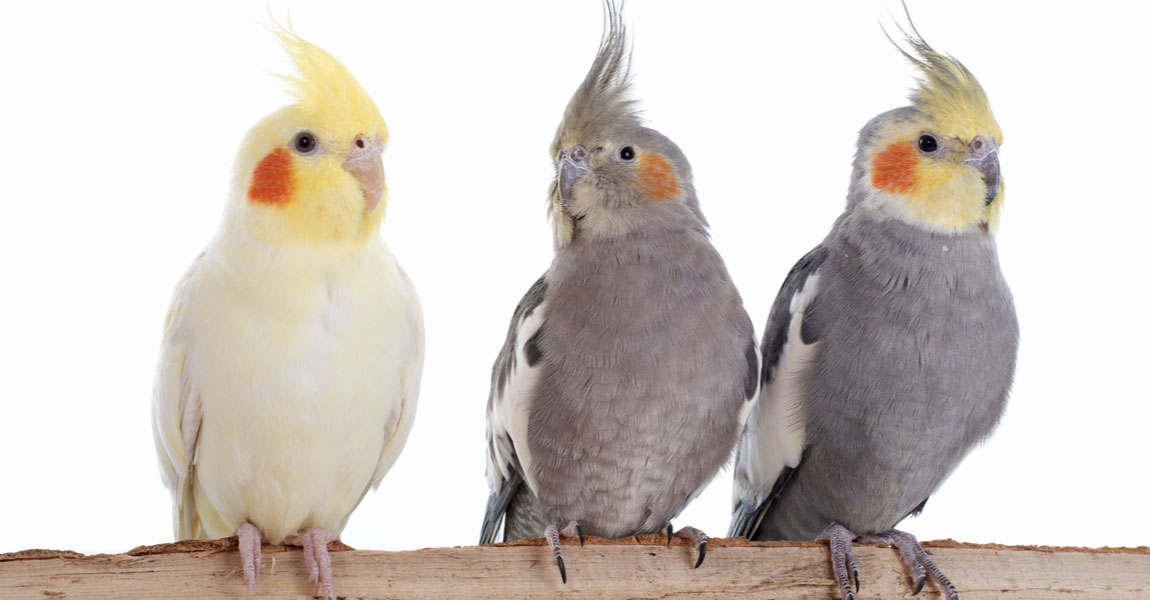The subject of feather picking is one of the most controversial and most discussed subjects when it comes to feather care. If your cockatiel is healthy it will take care of its feathers by preening. The uropygial gland, or, more informally, the preen gland is a gland found in the large majority of birds including your cockatiel, this gland secretes an oil (preen oil) that cockatiels use for preening and keeping their feathers in tops shape.
If your cockatiel is having issues with its feathers, then there might be an underlying cause. It's always best to get an annual check up with your avian vet (you take a care of your car for a tune up at least once a year, why not your cockatiel too?).
The cause for feather picking can be many: poor nutrition, mating, boredom or loneliness, bacteria, infection, a jealous mate, hormonal deficiency and even allergies.
Cockatiels are very social in the wild and they have playmates and a large social group. In captivity you need to be aware that cockatiels need companionship, attention, playtime, toys and most of all time with you. If your cockatiel is not provided with all this attention, it can develop a 'psychological feather picking,' this is the equivalent of a human in solitary confinement, the human will start pulling his hair or chewing his nails to relieve loneliness and mental boredom. Spend more quality time with your cockatiel. Also, leave a radio, TV, or tape on when you are not at home. Toys, swings, ladders, bells, mirrors, or even including your cockatiel in fun activities will help.
Having a larger cage is always nice.
Before determining that your bird is suffering from 'psychological feather picking,' your avian vet must rule out any other medical condition like parasites, fungus or a vitamin deficiency.
Cockatiels also have been known to have seasonal plucking. The cycles of plucking may be related to weather changes, or to seasonal breeding readiness. Dry winter air can often seem to make plucking worse. More light or less light can also seem to impact plucking activity, including lack of sleep.
As always the information offered here is to provide guidance and is not intended to be a substitute for the good advice provided by your own avian vet. When in doubt always consult your own veterinarian.
Source: Cockatiel.com





